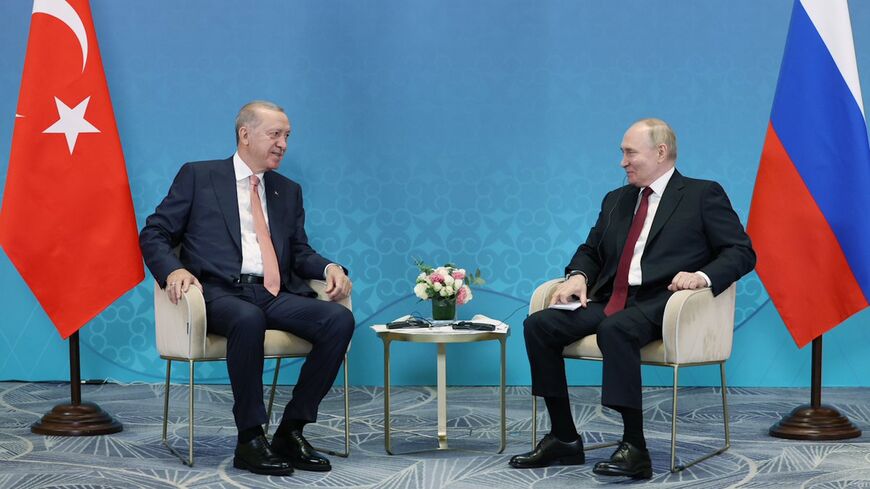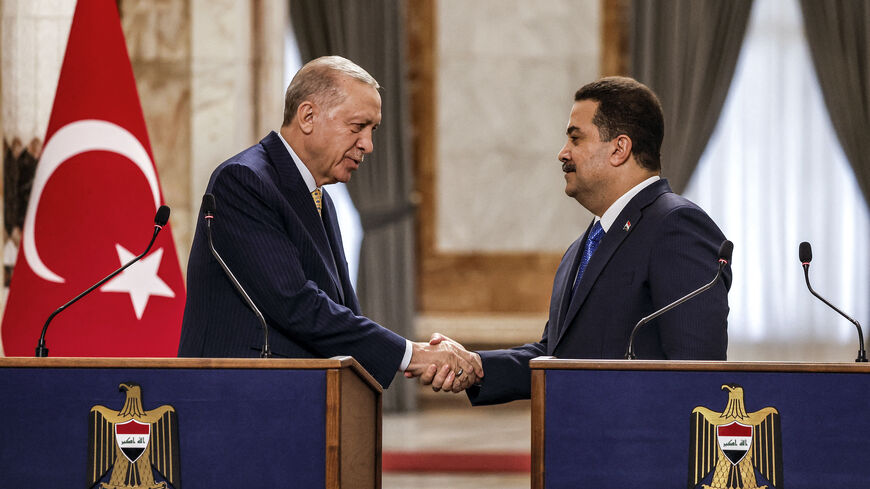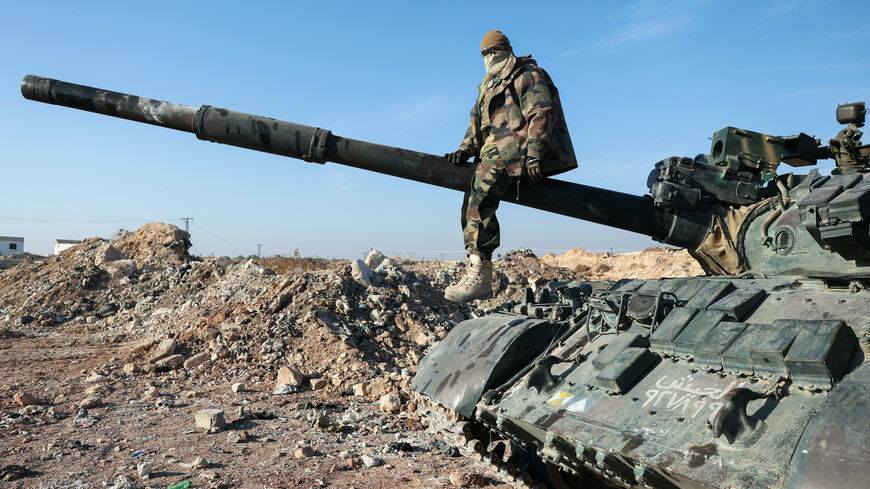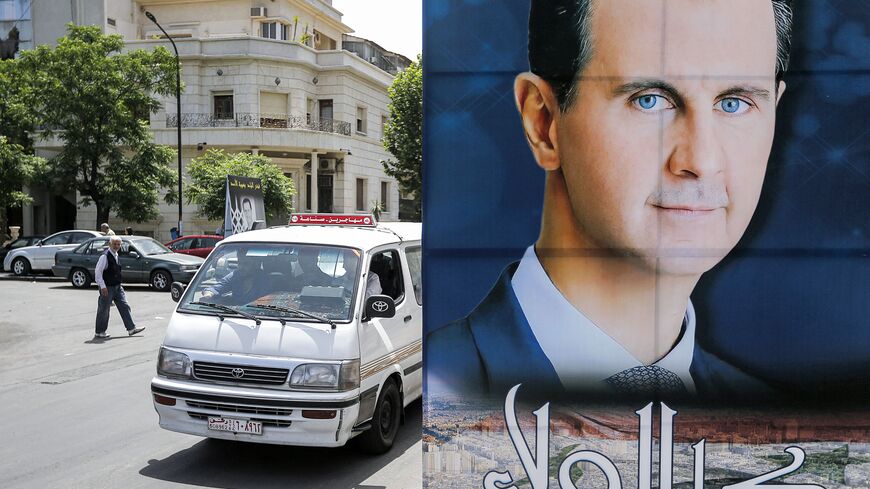Russia, Turkey FMs meet in Laos, discuss Syria reconciliation efforts
The two top diplomats’ talks come after the Russian and Syrian presidents discussed the Turkish president’s invitation to hold a three-country leaders' summit with his Syrian counterpart after more than a decade of hostilities.

ANKARA — Turkish Foreign Minister Hakan Fidan discussed the situation in Syria with his Russian counterpart, Sergey Lavrov, in Laos on Friday days after surprise meeting between the Russian and Syrian presidents in Moscow.
Fidan and Lavrov discussed bilateral cooperation as well as regional and international developments including in Syria during their meeting on the sidelines of a regional summit in Laos' capital Vientiane, Turkey’s state broadcaster reported, citing Turkish Foreign Ministry sources. The Russian readout, meanwhile, said simply that the pair discussed bilateral and international cooperation avenues between the two countries.
The talks follow a meeting between Russian President Vladimir Putin and Syrian President Bashar al-Assad in Moscow on Wednesday as regional efforts to achieve a thaw between Ankara and Damascus after more than a decade of hostilities are ramping up. Instability in the Middle East due to the Israel-Hamas war as well as increasing attacks by pro-Iranian groups on Israel and its Western partners have contributed to a reunification push in some parts of the region.
“Unfortunately, there is a tendency toward escalation [in the region], we can see that. This also applies directly to Syria,” Putin told Assad, a video released by the Kremlin showed. Russia, which along with Iran is the major international backer of the Syrian government, has been working to restore ties between Damascus and Ankara. Turkey has backed armed Syrian opposition groups since the nationwide anti-government protests in Syria escalated into a civil war in 2012.
More recently, Iraq also stepped into the mediation efforts between the two capitals with Iraqi Prime Minister Mohammed Shia al-Sudani last month expressing hope to see “some positive steps” between Ankara and Damascus.
Earlier this month, Erdogan said that he extended an invitation to Assad for a trilateral meeting involving Putin in “Turkey or in a third country.”
Briefing reporters about the Putin-Assad meeting, Kremlin spokesperson Dmitry Peskov confirmed that Erdogan's invitation was one of the issues discussed during the Moscow meeting, without elaborating.
The Syrian side has not provided a positive response to Erdogan’s invitation yet, at least not publicly.
A Turkish newspaper close to the Turkish government reported last week that the two leaders could meet as early as August, but Turkish officials denied the reports.
After Erdogan renounced his country’s goal of toppling Assad, high-level Turkish and Syrian officials started direct talks under Russian mediation in 2022. But the dialogue process stalled as the Syrian government pressed for the withdrawal of Turkish troops from Syria.
Turkey is refraining from such a move over several concerns, including a backlash from the Syrian armed opposition groups it backs as well as the power vacuum a potential withdrawal would create.
Ankara deems the Kurdish-led Syrian Democratic Forces, which control large territories in north and east Syria under a de facto autonomous region, a top national security threat and believes that it could use that power vacuum to expand its control. Instead, Turkey seeks Assad’s cooperation to crush the SDF-controlled autonomous region.
Turkey equates the SDF to the Kurdistan Workers Party (PKK), which has been waging an armed campaign against Turkey for Kurdish self-rule inside Turkey since the 1980s. While the PKK is considered a terrorist organization by Ankara, Washington and the majority of the European capitals, the SDF remains the major ally of the US-led international coalition against the Islamic State.






